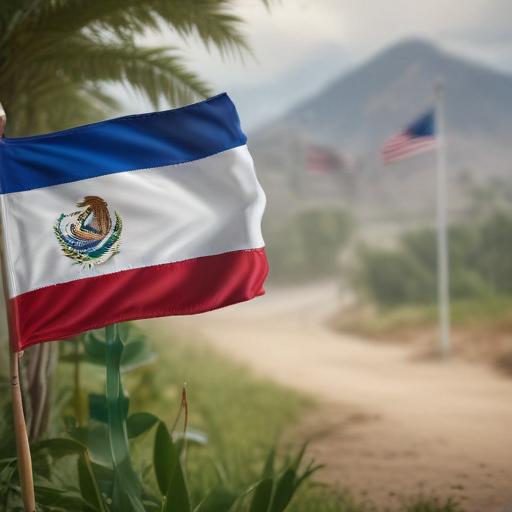Kristi Noem, the U.S. Secretary of Homeland Security, and Francisco Jiménez, Guatemala’s Minister of the Interior, signed a memorandum of understanding on a joint security agreement in Guatemala City on Thursday, June 26, 2025. This pact allows U.S. immigration agents to operate within Guatemala and gain access to information regarding individuals entering and exiting the country.
During a press conference, Noem stated that “this partnership will allow us to share information, biometric data, and screen individuals according to our established security protocols.” Jiménez echoed this sentiment, highlighting the agreement’s aim to bolster border security and combat transnational threats and criminal networks.
The agreement facilitates the exchange of information related to immigration, terrorism, cybersecurity, and more. It is designed to identify travelers, illicit currency, and contraband that violate Guatemalan laws and border security standards as they move towards the United States.
The control operations under this partnership will initially take place at La Aurora International Airport, with the potential to expand to other ports and borders. U.S. Customs and Border Protection officials will work alongside the Guatemalan National Civil Police and specialized personnel from the Ministry of the Interior.
This marks the second agreement Guatemala has entered into with the Trump administration concerning migration since the latter’s current presidential term began. In February, President Bernardo Arévalo and Secretary of State Marco Rubio signed a pact in which Guatemala agreed to accept migrants from other nationalities deported by the U.S. for a temporary halt before they return to their home countries.
Historically, U.S. immigration agents have operated in Guatemala; in January 2020, they were observed by reporters detaining Honduran migrants attempting to reach the U.S.
Overall, this agreement underscores a significant collaboration focused on regional stability and enhanced border security, with potential benefits for both nations through better-managed migration processes.
